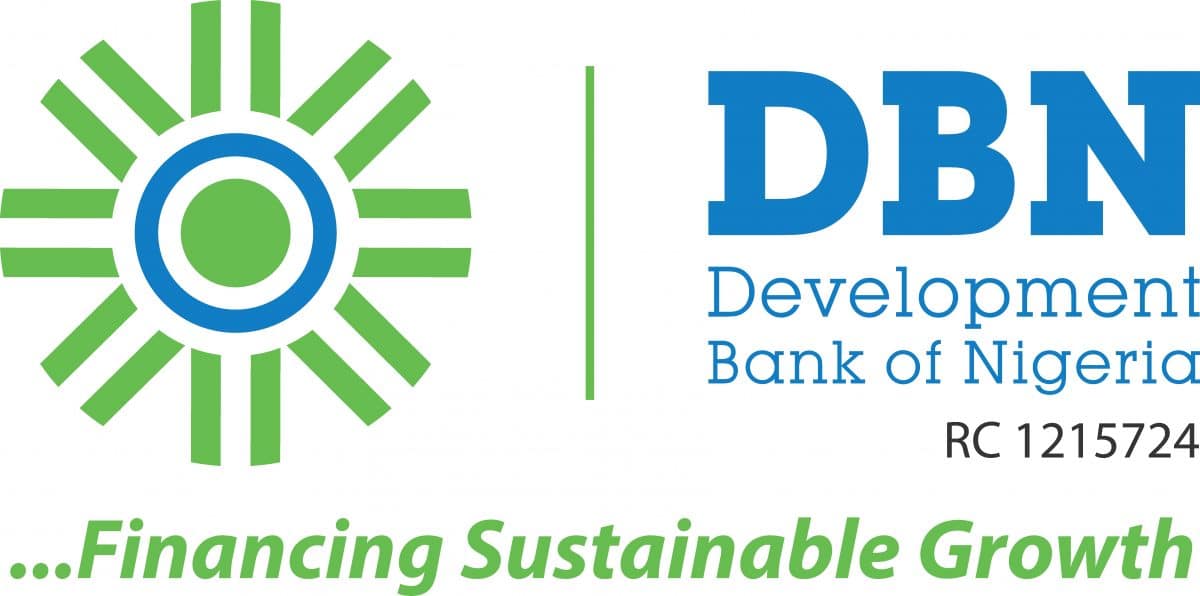As part of its Corporate Social Responsibility initiatives, the Development Bank of Nigeria Plc (DBN) partnered with the Organisation for Environmental, Agricultural, and Health Development (OEAHD) to empower more than 200 vulnerable women with entrepreneurial skills in Gombe and Yobe States.
The initiative focused on providing soft skill acquisition for selected women, including those who are physically challenged, in the North-Eastern region. OEAHD, an NGO dedicated to assisting the less privileged and vulnerable, collaborated with DBN, aiming to support women, children, internally displaced persons, and others regardless of social status or political affiliations.
During the Entrepreneurial Skills Acquisition Training and Capacity Building event, the National Coordinator of OEAHD, Hon. Tabitha Iliya Sallah, highlighted the crucial role women play in the nation’s socio-economic development. She emphasized that women’s participation in entrepreneurship not only fosters gender equality but also unlocks the nation’s human potential for innovation, job creation, and economic growth.
Hon. Sallah applauded DBN for its dedication to alleviating financing constraints faced by Micro, Small, and Medium Enterprises (MSMEs) in Nigeria. She praised the bank for creating an environment for women’s economic empowerment through training, mentorship, and access to finance, thereby promoting sustainable economic development.
Dr. Tony Okpanachi, the Managing Director of DBN, affirmed the bank’s commitment to enhancing the capacity of MSMEs in Nigeria, aiming to boost their contribution to the National Gross Domestic Product (GDP). He highlighted the substantial impact of the partnership with OEAHD on the lives of vulnerable women in Gombe and Yobe States, fostering their empowerment and contributing to regional sustainable development.
Dr. Okpanachi emphasized that a significant portion, approximately 62%, of DBN’s lending has gone to women-owned businesses, especially Micro and Small Businesses. The bank aims to nurture and empower women across regions, aspiring to transition them from micro to large businesses, ultimately improving their economic well-being.
He concluded by noting that the comprehensive vocational skills training provided to the women would enable them to initiate or enhance their businesses, positively impacting their economic empowerment and well-being.










